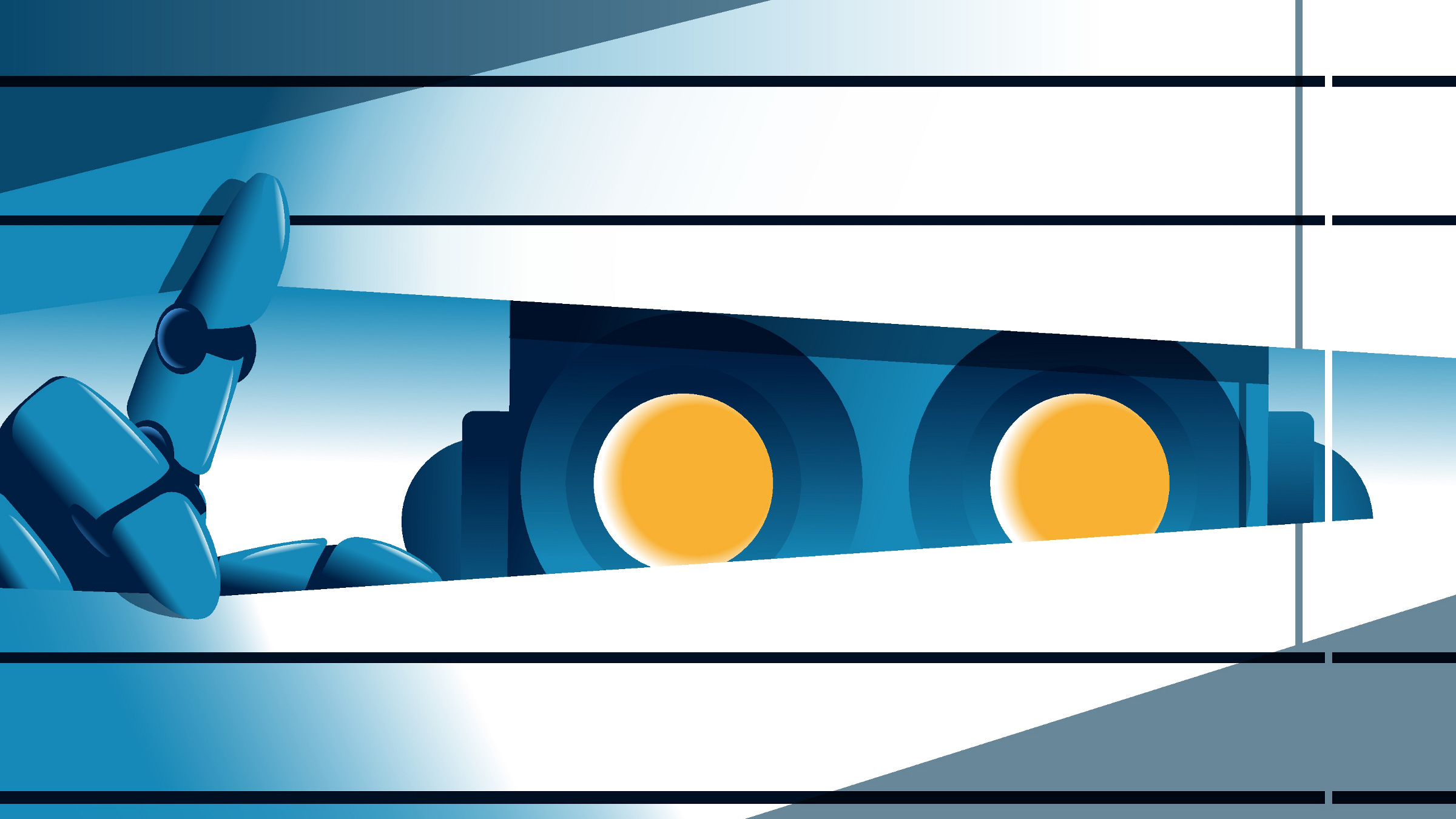NAME
David Ayman Shamma
BACKGROUND
David A. Shamma is a distinguished industry scientist researching people, AI, and HCI.
CURRENT JOB TITLE/EMPLOYER
Staff research scientist on the Carbon Neutrality team in the Human-Centered AI division at Toyota Research Institute.
EDUCATION
Ph.D. in CS, Northwestern University; M.S./B.S. in CS, University of West Florida.
As a curious child armed with a screwdriver, I disassembled things. I was interested in seeing how devices clicked together. On more than one occasion, a random spring would jettison out of the device and get me in trouble. Other times, I hoped my experiments went unnoticed. One birthday, my family gave me a book with visual and textual descriptions of how things work. To this day, I remember the inscription inside read, “Now you don’t have to open (and break) things to learn how they work.” I never thought this curiosity would lead to building AI and HCI systems.
Understanding how things worked led me to think about how we can build technology for people. During my undergraduate and master’s in Computer Science (CS) and AI at the University of West Florida, I worked in Human-Centered Computing (HCC) at the Institute for Human and Machine Cognition (IHMC). I learned there was more to research than just making a novel tool; what we build should embody the task and how the person uses the tool to accomplish the work. I learned early on that we should design AI to assist people, not replace them. I also worked as a lab tech and adjunct instructor—teaching Photoshop and Illustrator—in a Studio Art Department then. Interacting with artists showed me that people could use software tools like a paintbrush or a camera. The faculty there also took time to mentor me to understand studio art. From that experience, the value of mentoring others grew important to me. Post-masters led me to NASA’s Center for Mars Exploration, where I worked bridging planetary scientists with the development of a concept mapping toolkit; the focus was to make the tool follow the scientist’s workflow, not the developer’s idea of what that is.
After receiving my Ph.D. in CS from Northwestern, I carried Human-Centered Computing into my career. My first job at Yahoo Research found its foothold in social media and shared experiences when people are not physically together. The “watch together while chatting” research and instant messaging system I built was an early example of connecting remote people watching videos and text chatting. I wound up creating a research group at Flickr to study people and the creative practice of photography. We also built AI tools to help photo editors find high-quality photos for the weather app and for customer care to identify self-harm posts so they could intervene for users in need. Again, I focused not on the tool but on the editors’ needs.
Times being as they are and Silicon Valley being as it is, no job is forever but it is important to follow your passion. I took a brief appointment at Centrum Wiskunde en Informatica (CWI) in the Netherlands to research fashion technology for nightclubs. I returned to California, where I spent a few years at FXPAL working on the future of work. Currently, I’m at Toyota Research Institute, where my research is applying HCC coupled with AI to build interventions for carbon neutrality. Throughout my career, I have always tried to step back from the data and methods that people are often attached to. First, one should identify the people and the task needed; next, one can form the often overlooked human-centric research questions. Only then can one figure what needs to be built.
I’ve been fortunate to work in labs that embraced publication. Despite its imperfections, publishing provides active communication across academia and industry. It is essential to carve out what is publishable and share it as open data and research articles. This can be arduous in an industry lab, but worth the effort for the scientific community. Many academic publishing organizations—like ACM—are volunteer-led non-profits. It is on us, students, academics, and industry members alike, to take up those leadership roles to support and, ideally, improve the system under which we all publish and present work. I’ve taken many volunteer roles, such as reviewing, serving on committees, and running infrastructure. These roles matter, even though they can feel as thankless as they can be rewarding.
Finding a path to research one’s interests and passions is a necessary part of building a career. Look to those who inspire you; find your mentors, mentor others; work with reliable, inspirational collaborators; and focus on the issues you care about. For me, openly sharing knowledge and building the scientific community is vital. Share your research, volunteer to review, and collaborate with those around you.





Join the Discussion (0)
Become a Member or Sign In to Post a Comment